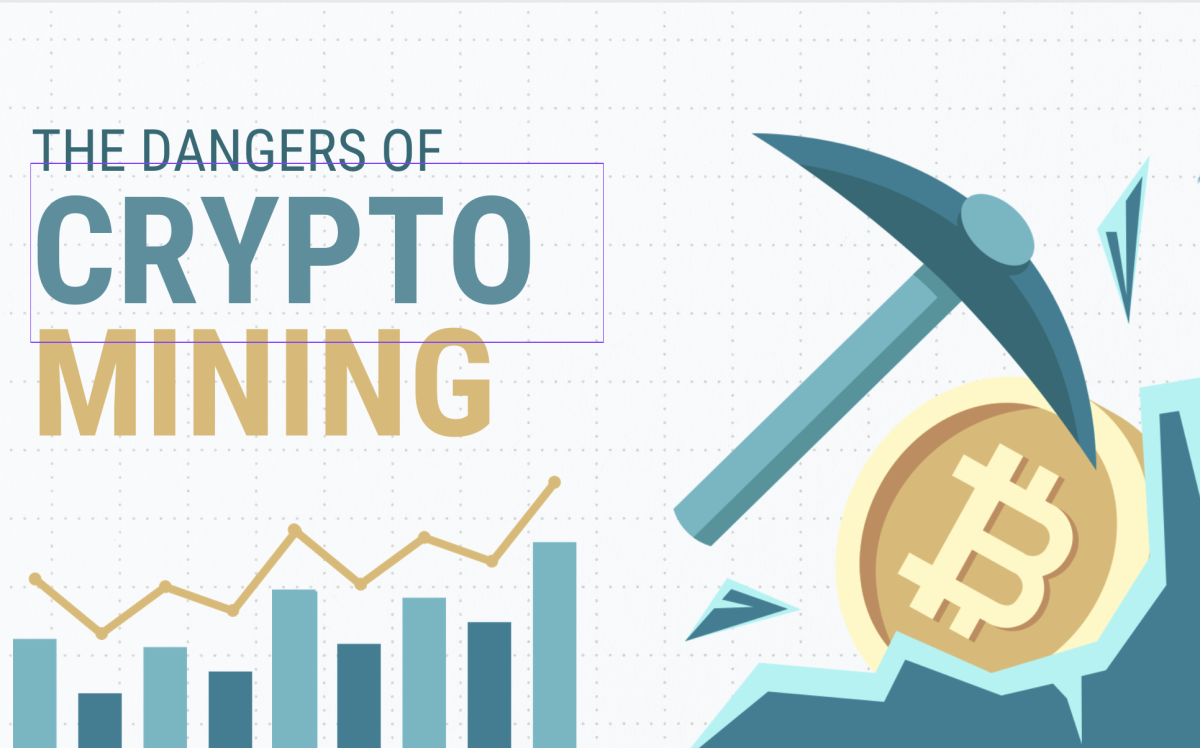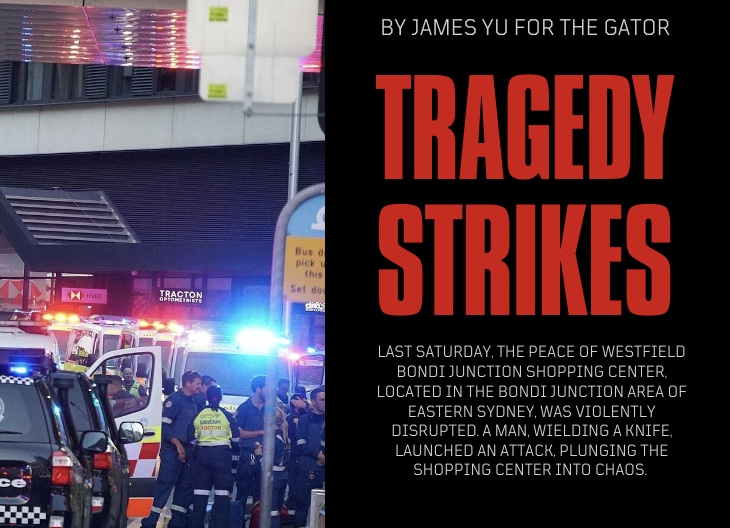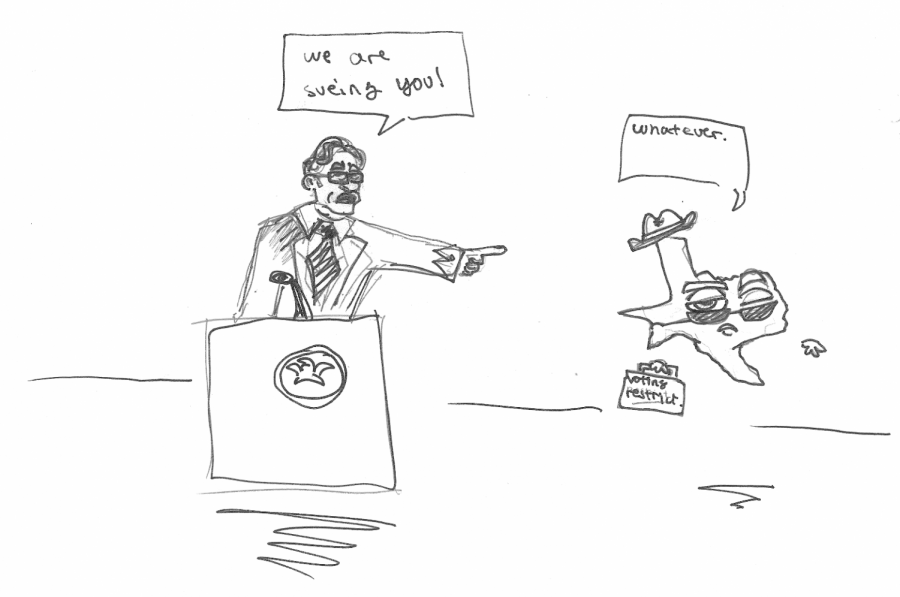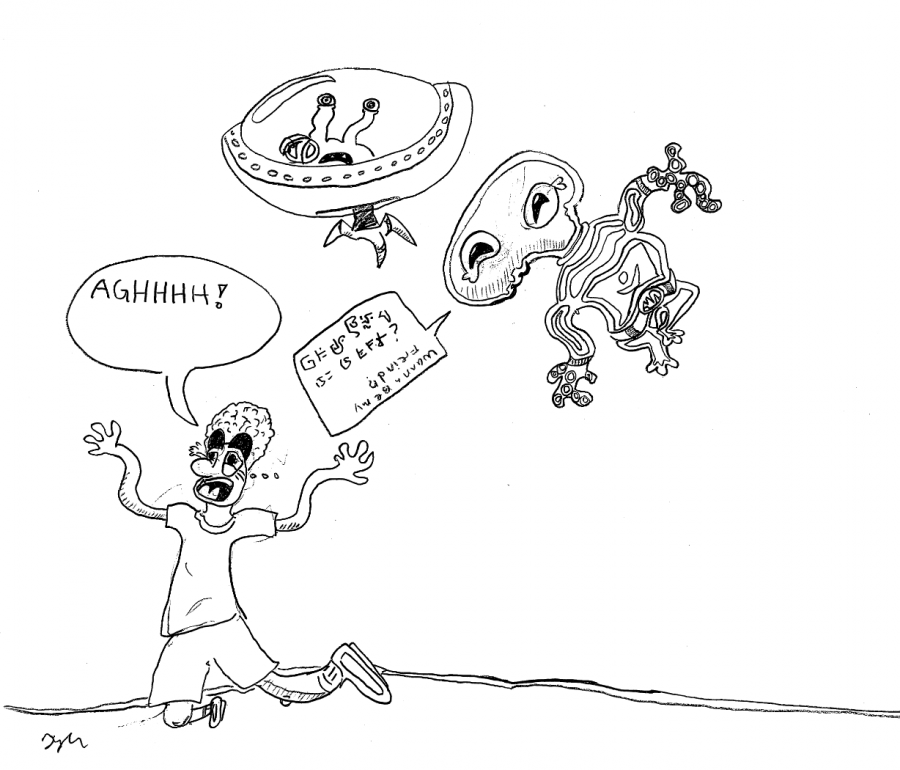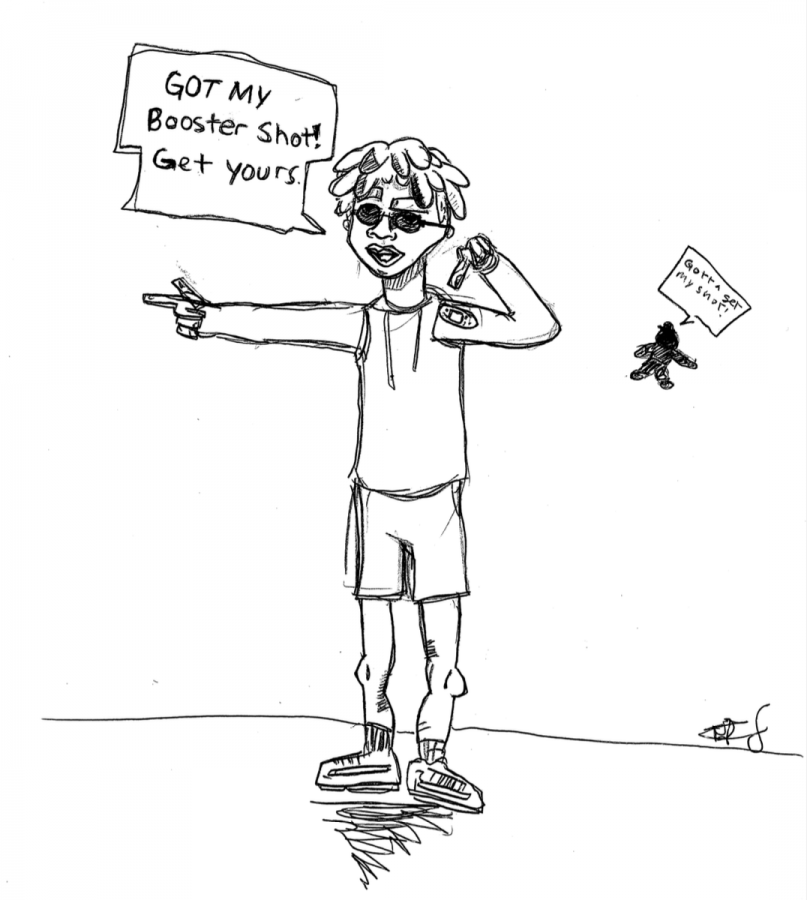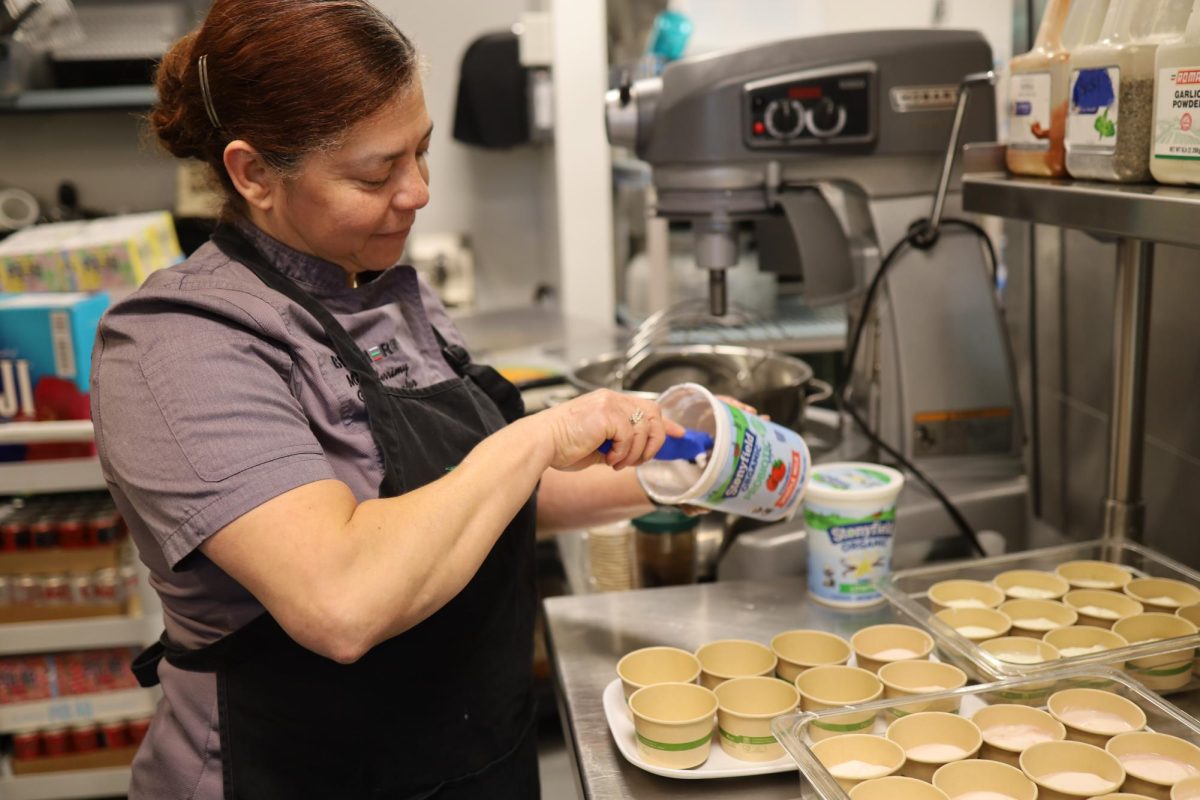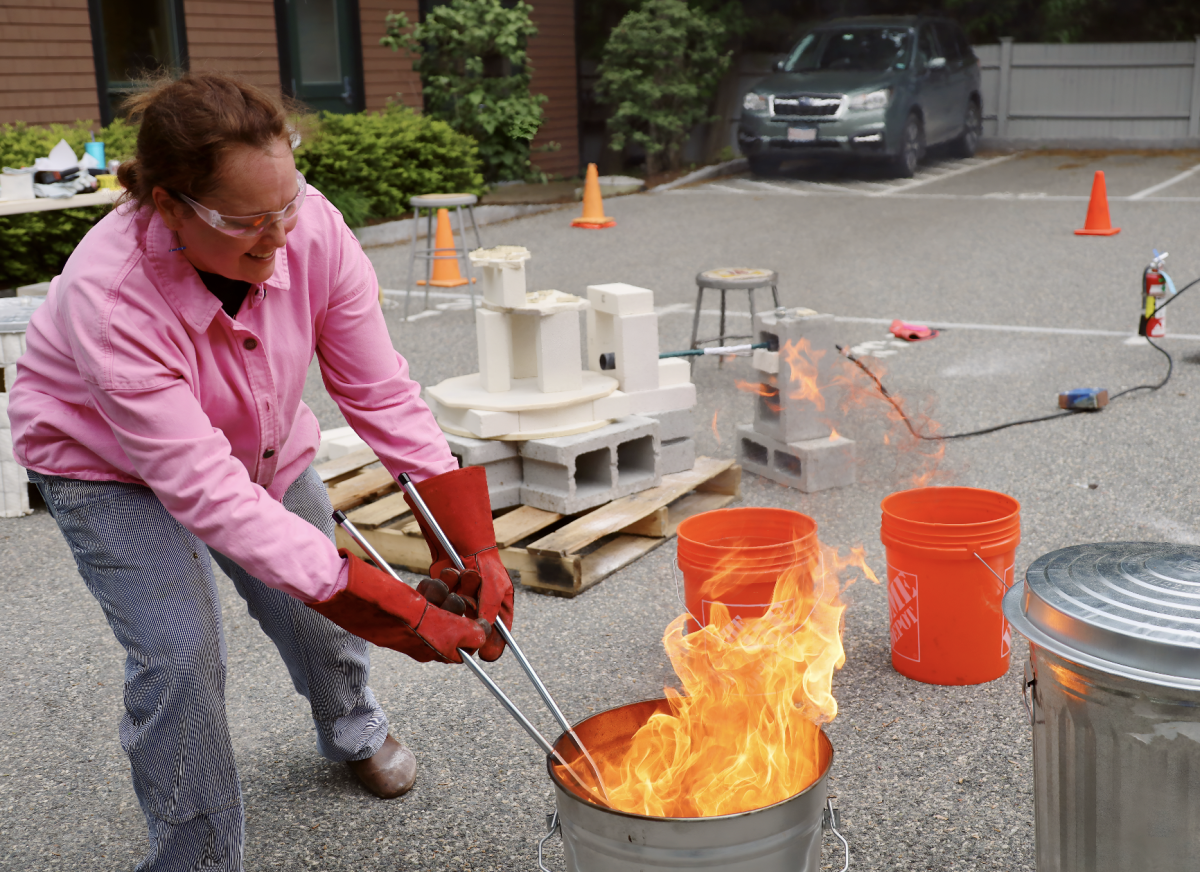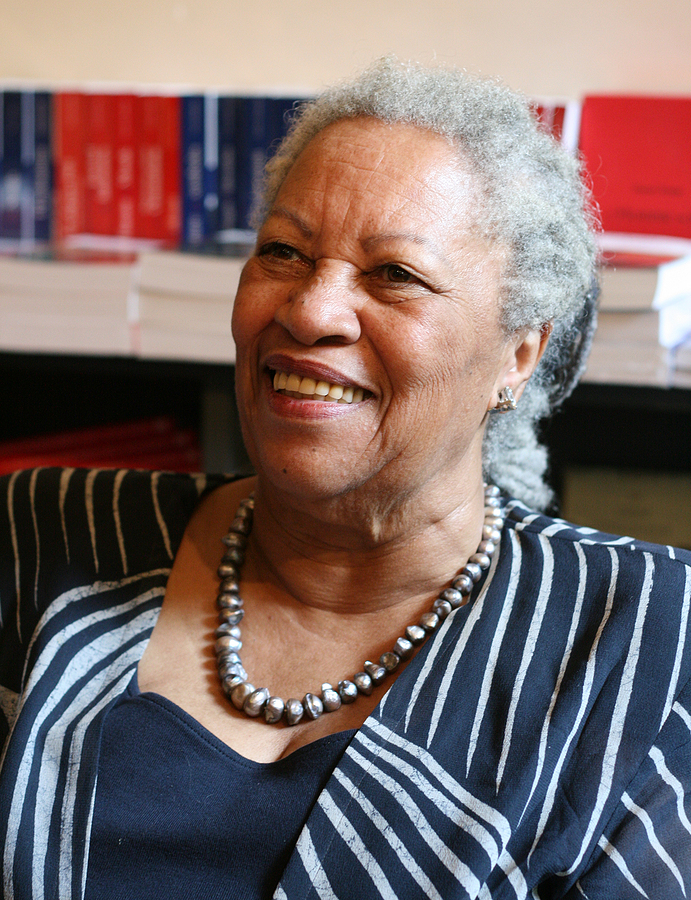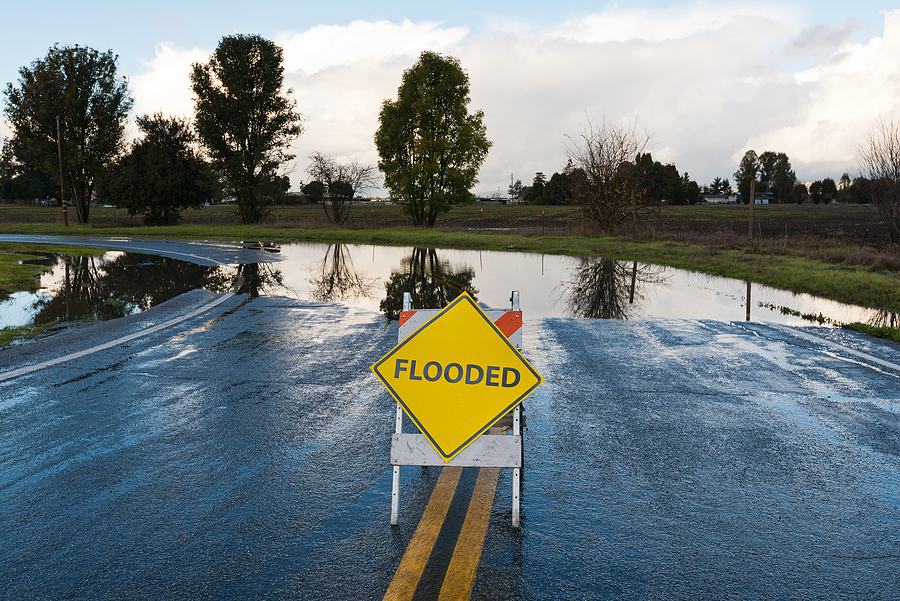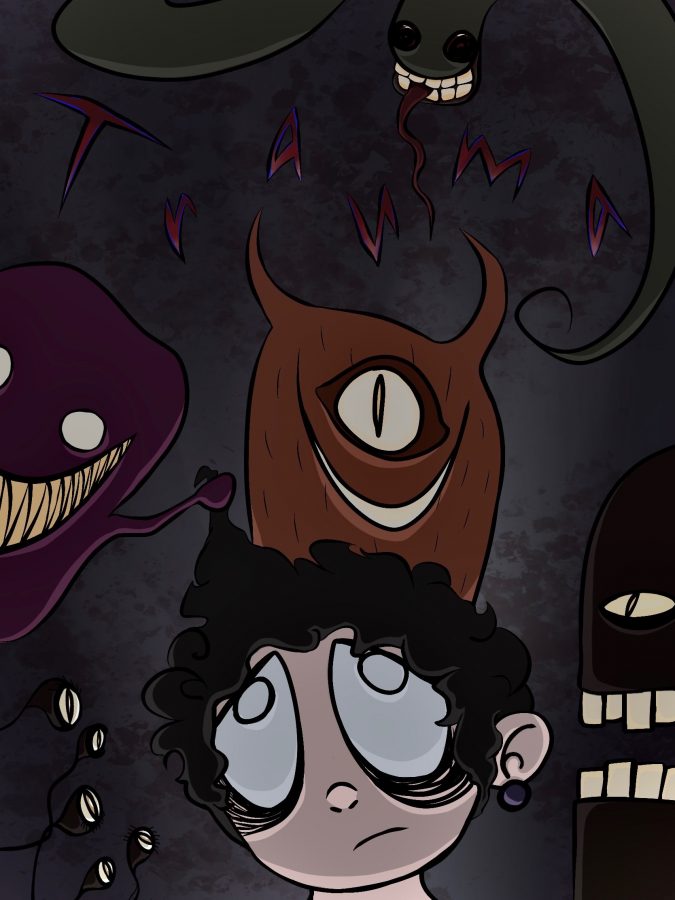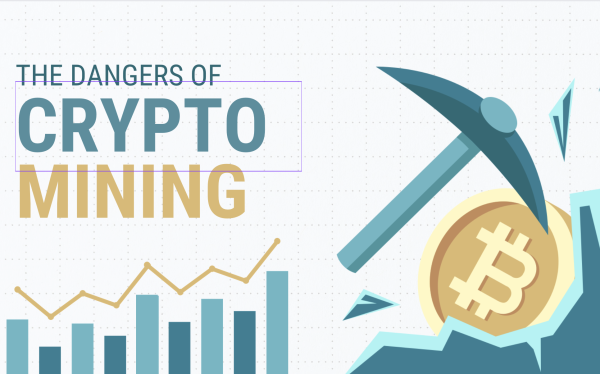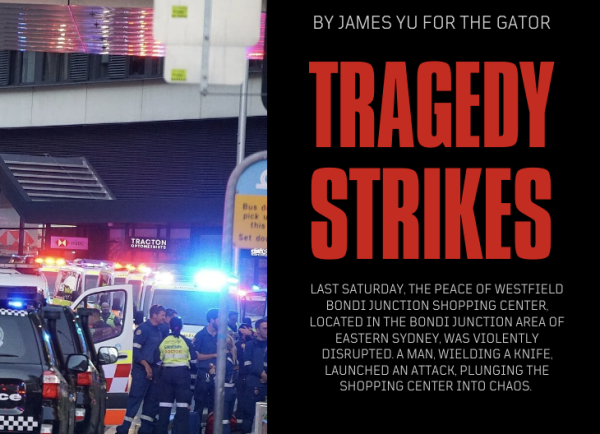Op-Ed: Don’t Trivialize Trauma
February 6, 2020
Unfortunately, I have heard teenagers joke about trauma instead of making an effort to understand how it impacts sufferers.
“Trauma is an emotional response to a terrible event like an accident, rape or natural disaster,” according to the American Psychological Association. “Immediately after the event, shock and denial are typical. Longer term reactions include unpredictable emotions, flashbacks, strained relationships and even physical symptoms like headaches or nausea. While these feelings are normal, some people have difficulty moving on with their lives.”
As a brain cancer survivor, I have struggled with trauma since my diagnosis in middle school. Things are stable, but even five years later, I have flashbacks when reading or watching something, and it becomes hard to control my thoughts and feelings.
Phrases like “that test was totally traumatizing” are offensive to people like me, who suffer from actual trauma. Moreover, “jokes” like these, even if they are well-meaning, could make sufferers afraid or embarrassed to speak up and get help.
Recently, I was triggered when reading The Green Mile by Stephen King. When learning that a character receives a cancer diagnosis, I had to stop reading the book and it was hard for me to finish.
Most of the time I try to go through life avoiding triggering situations, but I can’t always control what comes my way or how I feel. Too often, I sense that people feel that because I’m healthy now, I shouldn’t worry about what happened to me in the past. But sometimes, I can still feel the weight of everything I’ve been through—and it’s hard to handle by myself.
Many also only associate post-traumatic stress disorder (PTSD) with veterans. While it is true that many combat survivors suffer from PTSD, others can certainly develop the same disorder from various types of traumatic events. To deny this fact is to invalidate the legitimate experiences of others.
Traumatic thoughts can make a person feel trapped and unsure of what to do. For me, these moments feel like they will never end and it’s hard to think positive, even though I am an upbeat person in general.
I am fortunate that these dark periods always pass, but I am never sure when they will return. It bears repeating that I cannot control what happens around me. I can only control how I react (though at times, I lack control over my emotions).
It can be hard to live in the moment when I am not sure what will happen next, but I know I have to keep going and do my best to live life to its fullest. I am extremely lucky for the life I have, and even with a few setbacks, I will always keep going.
If you suffer from trauma, I encourage you to speak to a trusted friend or adult. Don’t worry about people not believing you and your emotions. Your feelings are valid and help is available.
Editors’ note: If you are suffering from trauma, please reach out to School Nurse Beth Escobar or another School counselor.














